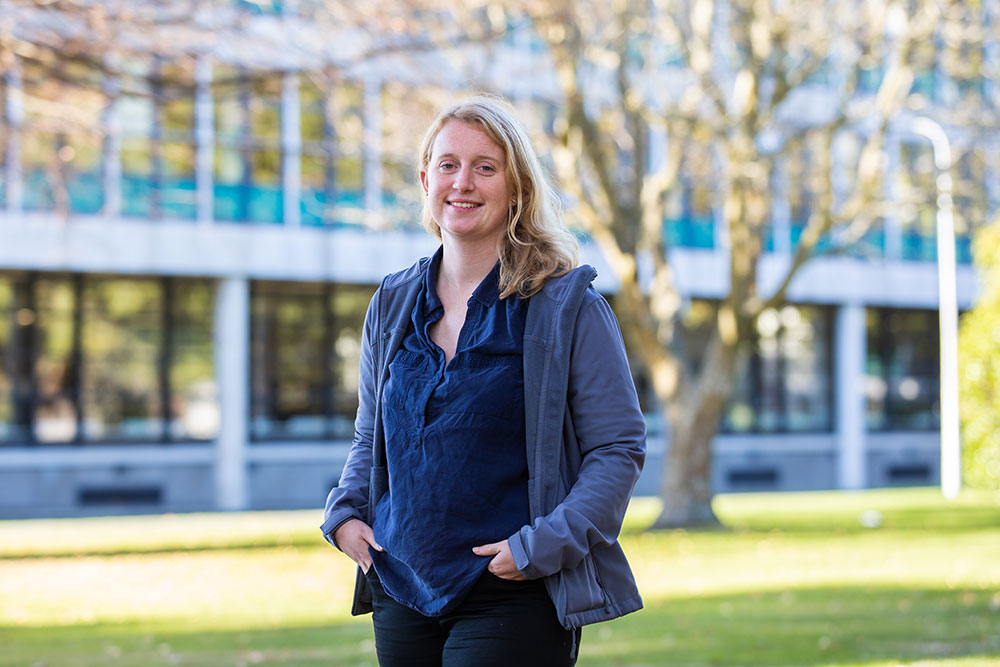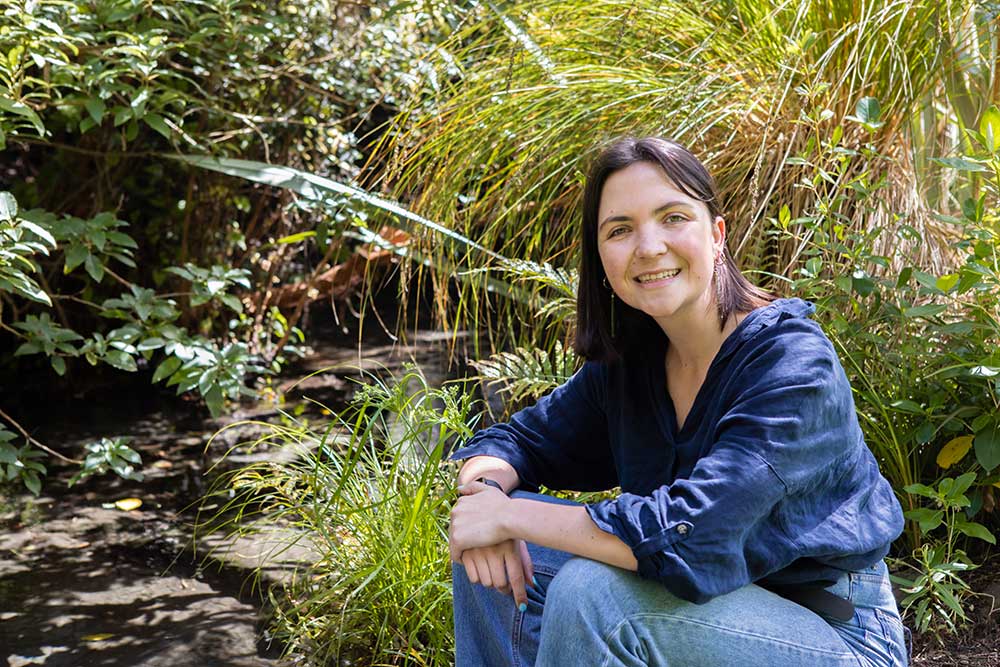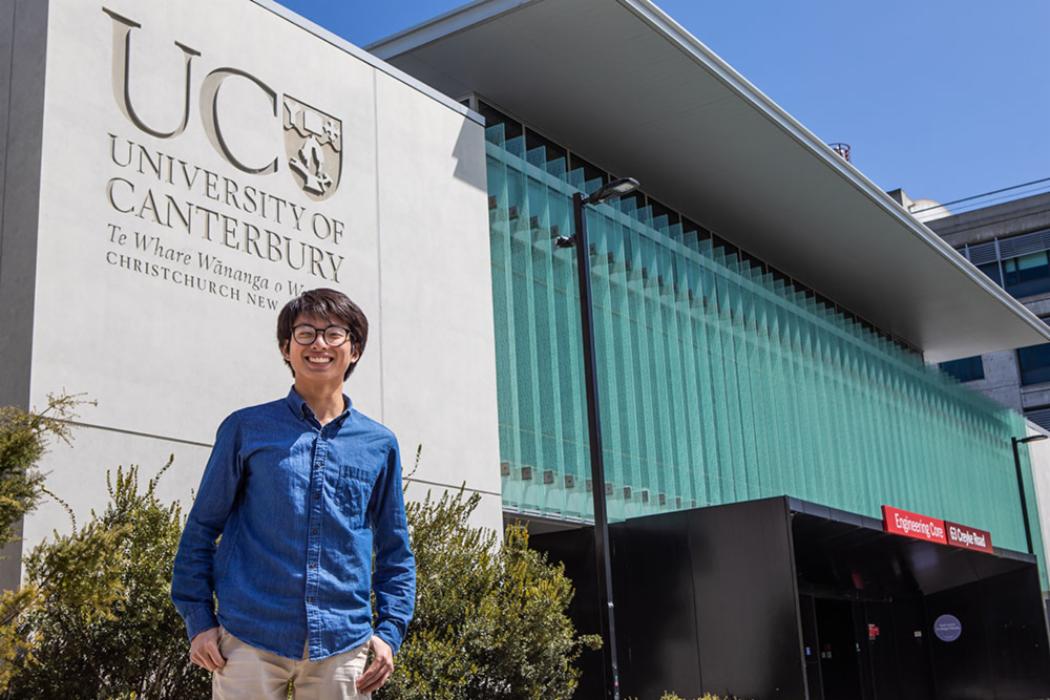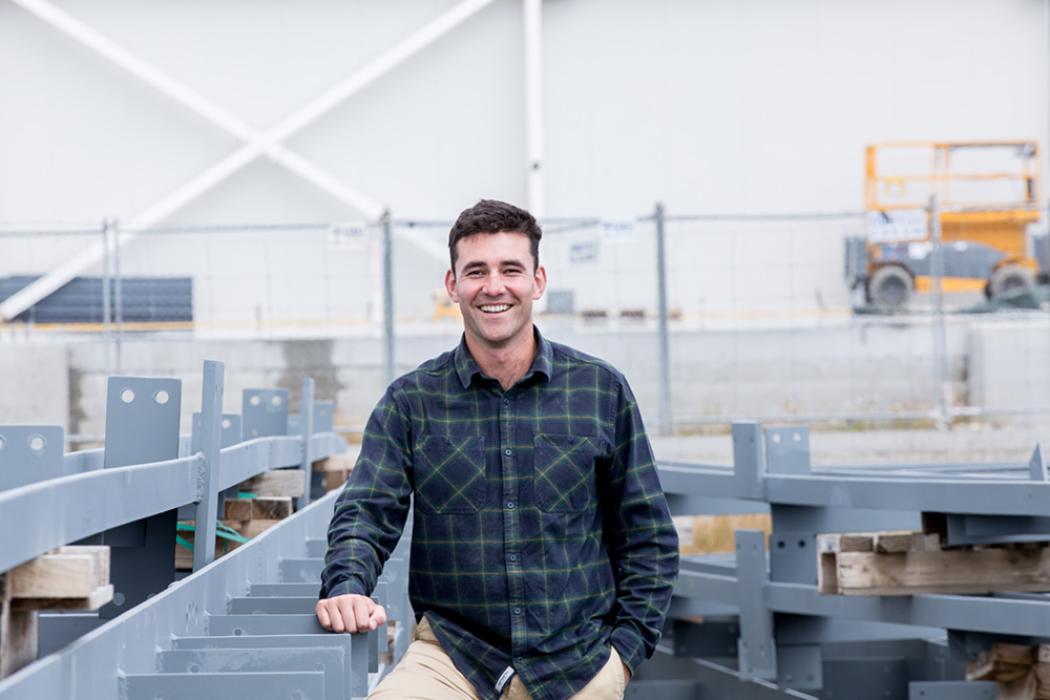At UC you can study a Bachelor of Engineering (Hons) in:
- Civil Engineering
- Minor in water and environmental systems
- Minor in structural engineering
As a civil or an environmental engineer, you are responsible for the built environment—the spaces where people live and the infrastructure that we depend on—and how it interacts with the natural environment. As an engineering graduate from our department, you will lead the change you want to see in the world.
Why study Civil Engineering at UC?
- Learn from international academics who bring the latest global trends and real-world expertise into the classroom.
- Graduates are in very high demand - Most of our civil engineering students secure job offers before they graduate.
- Salaries are amongst the best - The global civil engineering market is projected to reach USD $12.9 trillion by 2030 (Global Market Insights 2023).
- We are in the Top 150 by QS World University Rankings by subject 2025 for Civil and Structural Engineering and Academic Ranking of World Universities (ARWU) 2024 for Civil Engineering
- Brand new purpose-built high-tech labs such as the NZ first Fire lab, the huge Structural lab and the VR lab (over 142million investment)
- Strong industry engatgement throughout your degree providing mentorship and professional development
- Exciting design projects such as our bridge building competition
- New Zealand's most established civil engineering university
- Close community of students and professors
- Christchurch is New Zealand's most modern city (with the largest population group being 20-30 year olds)
You will be taught by world-class experts and educators in:
- Structural engineering
- Fluid mechanics and hydrology
- Civil systems engineering
- Environmental engineering
- Construction management
- Ecological engineering
- Geotechnical engineering
- Earthquake engineering
- Fire engineering
- Transportation engineering
- Renewable energy
We are society's engineers
Civil Engineers are responsible for creating and maintaining a sustainable world. We define and solve the problems of our communities and provide the foundations for a healthy, vibrant and resilient society.
As one of our students you will become:
- A master planner, designer, constructor and operator of society's economic and social engine - the built environment
- A kaitaki: a steward of our natural environment and its resources
- A manager of risk and uncertainty
- A leader in discussions and decisions shaping environmental and infrastructure policy
- A collaborator, engaging with interdisiplinary and culturally diverse teams
- A creator and innovator of ideas and technology across the public, private and academic sectors










